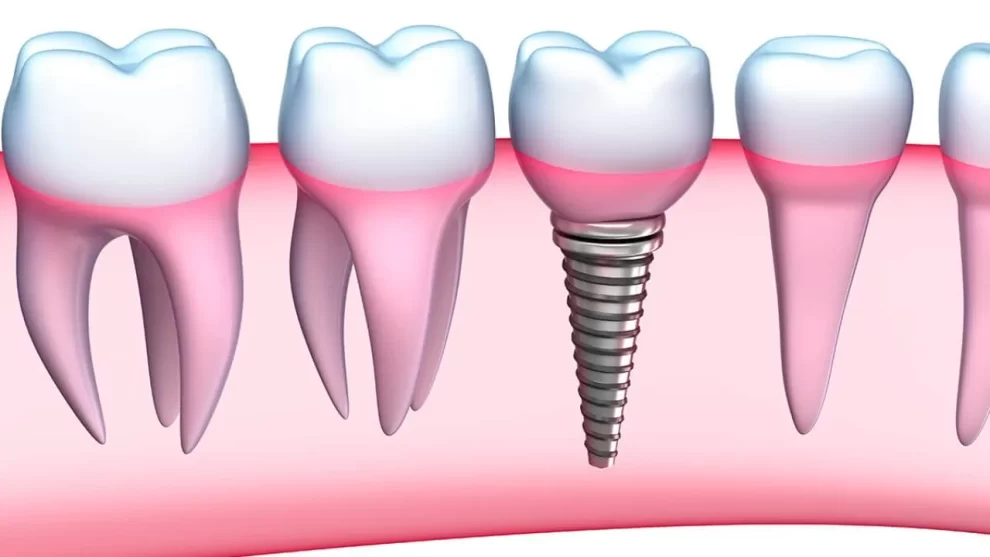Are you thinking about dental implants to repair your smile, but the conventional implant technique appears slightly overwhelming?
Go for mini dental implants – a less invasive alternative that offers numerous benefits for the right candidates.
In this blog, we will discover what mini dental implants are and how they help you determine whether or not they’re suitable for your dental worries.
What Are Mini Dental Implants?
Mini dental implants (MDIs) are smaller versions of traditional dental implants. While normal implants are around 3.4 to 5.8 mm in diameter, mini implants vary from 1.8 to 3.3 mm. These smaller implants encompass a titanium put up with a ball at the end that fixes right into a socket at the denture. This ball-and-socket mechanism lets dentures snap securely in the area.
Advantages of Mini Dental Implants
1. Minimally Invasive
One of the most substantial advantages of MDIs is their minimally invasive nature. The smaller length approaches much less impact on your jawbone and gum tissue in the course of the placement manner, resulting in decreased pain and faster restoration instances.
2. Less Bone Density Requirement
Some patients with inadequate bone density for conventional implants might be eligible for mini dental implants. The smaller size frequently calls for much less bone aid, making them a choice for individuals who were formerly taken into consideration for using improper implants.
3. Affordability
Mini dental implants are usually less costly than their traditional opposite numbers. If you are on a budget but need the benefits of dental implants, MDIs will be an appropriate choice.
4. Immediate Use
In many cases, mini dental implants can assist a denture or crown right after placement. This way, you could go out with a worthwhile smile, particularly appealing for those searching out quick impacts.
Is It Right for You?
While mini dental implants provide numerous benefits, they may not be suitable for all people. Here are some elements to take into account:
1. Bone Health
Your jawbone’s health and density are critical for implant success. If you have considerable bone loss, traditional implants might be a better choice, or you would possibly want bone grafting earlier than choosing MDIs.
2. Oral Habits
Patients who grind their teeth or have conduct like clenching might not be the best candidates for MDIs, as these behaviors can put extra stress on the implants.
3. Individual Case
Each person’s state of affairs is specific. Consulting with a dental professional is crucial to determine whether mini dental implants are the right fit for your oral fitness desires and dreams.
Conclusion
Mini dental implants offer a convenient, much less interfering, and price-effective alternative for people searching for dental healing. However, a thorough assessment employing a qualified dentist is necessary to decide so that they align together with your unique dental wishes.









